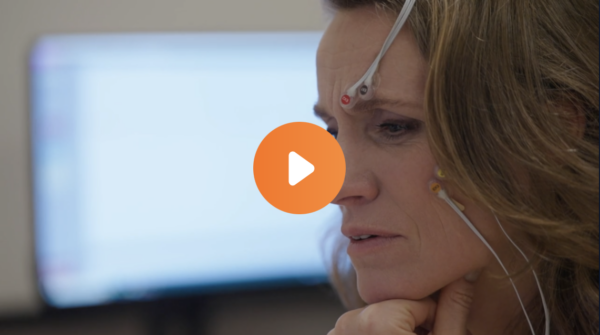
Netherlands Institute for Neuroscience
The Netherlands Institute for Neuroscience conducts fundamental scientific research in the field of neuroscience.

The Netherlands Institute for Neuroscience conducts fundamental scientific research in the field of neuroscience.

Every month we send a newsletter with the latest updates about the institute, the Friends Foundation and interesting articles about brain research.
"*" indicates required fields
Finding causes and solutions for neurological and psychiatric brain diseases. That is the goal of the Dutch Brain Bank.
The Friends Foundation facilitates groundbreaking brain research. You can help us with that.
Support our work